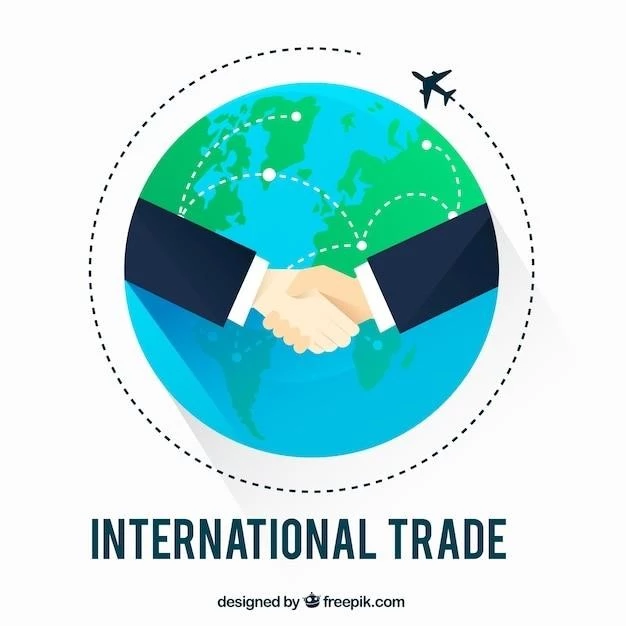In an increasingly interconnected world, fraught with complex challenges that transcend national borders, the significance of international cooperation and diplomacy has never been more profound. These intertwined concepts form the bedrock of a stable and prosperous global order, fostering dialogue, understanding, and collaborative action among nations to address shared concerns and pursue common goals.

The Essence of International Cooperation
International cooperation, at its core, embodies the concerted effort of states to work together in pursuit of mutual benefit. It acknowledges that the most pressing global issues, ranging from climate change and pandemics to economic crises and security threats, cannot be effectively addressed by any single nation in isolation. Cooperation can manifest in various forms, encompassing:
- Multilateralism: Collaboration among three or more states, often within the framework of international organizations like the United Nations, to formulate collective responses to global challenges.
- Bilateralism: Cooperation between two states, driven by shared interests and a desire to strengthen their respective positions.
- Regionalism: Collaboration among states within a specific geographic region, often driven by economic or security considerations.
The driving forces behind international cooperation are as diverse as the challenges it seeks to address. Self-interest, often manifested as a desire to mitigate negative spillover effects from other countries or to secure access to vital resources, serves as a powerful motivator. However, cooperation can also be driven by shared values, such as a commitment to human rights, democracy, or environmental protection.
The Role of Diplomacy
Diplomacy serves as the primary instrument for facilitating and sustaining international cooperation. It encompasses the art and practice of communication, negotiation, and relationship-building among states, carried out by trained diplomats who act as representatives of their respective governments.
The functions of diplomacy are multifaceted and include:
- Representation: Diplomats serve as the voice and eyes of their governments abroad, conveying their interests, perspectives, and concerns to foreign governments and international organizations.
- Negotiation: Diplomacy plays a pivotal role in mediating disputes, forging agreements, and finding common ground among states with differing interests.
- Information Gathering: Diplomats provide their governments with vital information about the political, economic, and social developments in the countries they are accredited to, aiding in informed policy-making.
- Consular Services: Diplomats provide a range of services to their citizens abroad, including passport and visa assistance, legal aid, and support in times of crisis.
Effective diplomacy requires a deep understanding of international relations, cultural sensitivity, strong communication and negotiation skills, and the ability to build trust and rapport with counterparts from diverse backgrounds.
The Challenges and Opportunities of a Globalized World
Globalization, characterized by increased interconnectedness and interdependence, has presented both unprecedented opportunities and formidable challenges for international cooperation and diplomacy.
Challenges:
- Rise of Nationalism and Populism: The resurgence of nationalist and populist sentiments in many parts of the world has fueled skepticism towards multilateralism and international cooperation, often prioritizing narrow national interests over collective action.
- Shifting Global Power Dynamics: The emergence of new global powers and the relative decline of traditional powers have led to a more multipolar world, complicating efforts to build consensus and coordinate action on global issues.
- Transnational Threats: The rise of transnational threats, such as terrorism, cybercrime, and pandemics, requires unprecedented levels of international cooperation to effectively address, often challenging traditional notions of sovereignty and state control.
- Information Warfare and Disinformation: The proliferation of misinformation and disinformation, often spread through social media and other online platforms, has the potential to undermine trust, exacerbate tensions, and hinder diplomatic efforts to resolve conflicts peacefully.
Opportunities:
- Technological Advancements: Technological advancements, particularly in communication and transportation, have facilitated greater connectivity and collaboration among nations, creating new avenues for diplomacy and cooperation.
- Growing Awareness of Global Challenges: The increasing awareness of global challenges, such as climate change and pandemics, has fostered a sense of shared responsibility and urgency, prompting greater calls for international cooperation.
- Emergence of New Actors: The growing influence of non-state actors, including NGOs, multinational corporations, and civil society organizations, has injected new perspectives and resources into international affairs, creating opportunities for broader and more inclusive forms of cooperation.

The Future of International Cooperation and Diplomacy
The future of international cooperation and diplomacy will be shaped by how effectively the international community can adapt to the evolving global landscape, address emerging challenges, and seize new opportunities. Several key trends are likely to shape this future:
- The Need for Reform and Revitalization of Multilateral Institutions: Existing multilateral institutions, such as the United Nations, will need to undergo reforms to enhance their effectiveness, legitimacy, and representativeness in a changing world.
- The Growing Importance of Informal Diplomacy and Networks: The rise of informal diplomacy, involving a wider range of actors beyond traditional diplomats, is likely to continue, necessitating greater flexibility and adaptability in diplomatic practices.
- The Need for Enhanced Cooperation on Emerging Technologies: International cooperation will be essential to harness the benefits of emerging technologies, such as artificial intelligence and biotechnology, while mitigating their potential risks and ensuring their responsible development and deployment.
- The Importance of Public Diplomacy and Strategic Communication: In an era of information overload and disinformation, effective public diplomacy and strategic communication will be crucial for governments to build understanding, counter misinformation, and foster support for international cooperation.
Conclusion
International cooperation and diplomacy remain indispensable for addressing the complex challenges and seizing the opportunities of a globalized world. By fostering dialogue, building trust, and working together, nations can create a more peaceful, prosperous, and sustainable future for all. As global citizens, it is our collective responsibility to champion the values of international cooperation, support effective diplomacy, and contribute to building a more just and equitable world order.










